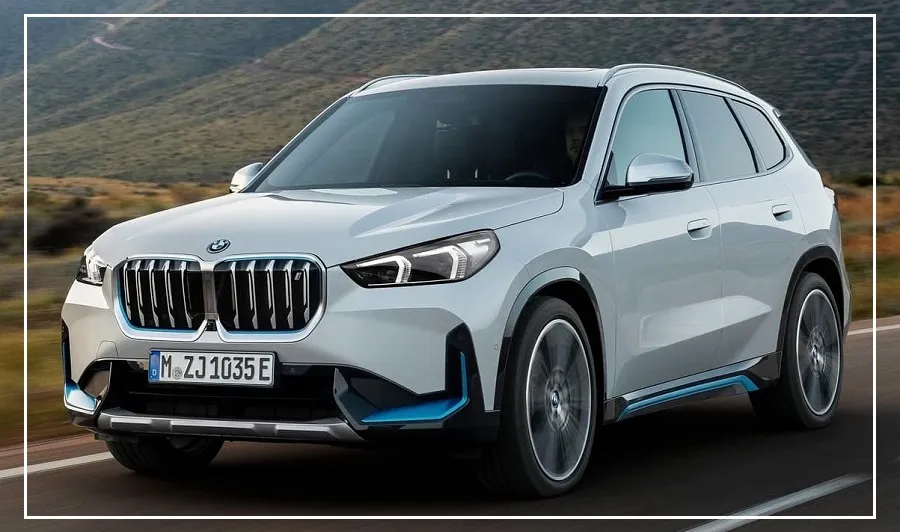In an unforeseen turn of events for car enthusiasts, German luxury carmaker BMW has decided to increase prices across all its models by up to two percent.
This move follows similar decisions by Tata and Hyundai and is attributed to the impact of fluctuating foreign exchange rates and escalating raw material prices.
Adjustment from January 1
BMW Group India President, Vikram Pawah, stated that the price adjustment is a strategic move to counterbalance the adverse effects of currency fluctuations and rising raw material costs.
The increased prices will come into effect from January 1,
affecting the entire BMW model range, from the BMW 220i M Sport to the luxurious BMW XM.
Industry-wide Trend as Car Prices on the Rise
BMW joins the ranks of car manufacturers grappling with increased input costs.
Following in the footsteps of Hyundai, Tata Motors, Maruti, and M&M, BMW’s decision to raise prices is set to impact car buyers from January 2024 onwards.
The automotive industry is witnessing a trend of rising prices across various brands, making car purchases more expensive for consumers.
Reasons Behind the Price Surge
The surge in input costs and the impact of inflationary pressures on the industry have prompted BMW to adjust its product pricing.
The company cites the escalation in commodity prices as a contributing factor, necessitating the need to pass on these increased costs to consumers.
As a result, customers can expect higher price tags on BMW models, aligning with the industry-wide adjustment beginning January 2024.

























